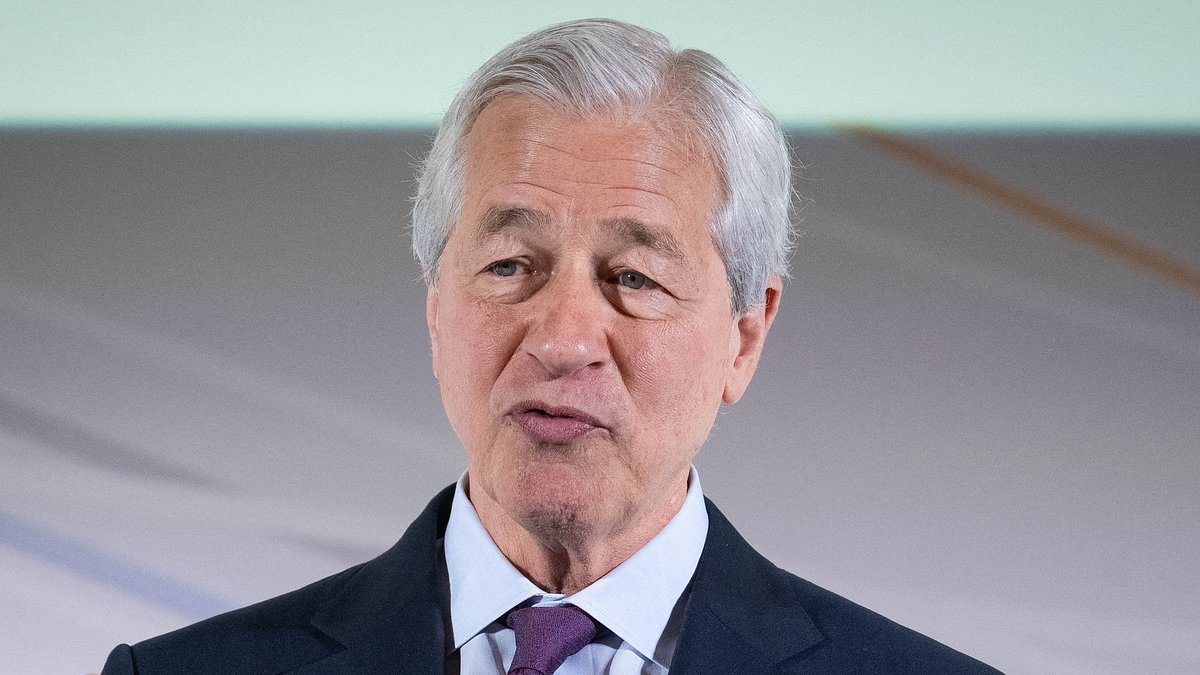Stop letting crisis predictions drain your wallet! While Wall Street prophets cry doom, smart money managers know better. Discover how fear-based financial decisions could be costing you thousands, and learn practical strategies to build wealth regardless of economic headlines.

Stop Letting Fear Drain Your Wallet: A Reality Check on Crisis Predictions
Look, I get it. When big-shot Wall Street types start throwing around words like "economic hurricane" and "imminent collapse," it's tempting to stuff your cash under the mattress and call it a day. But here's what really gets under my skin: While these suited prophets of doom are getting prime-time coverage, regular folks are making panic-driven money decisions that are costing them serious cash.
Let me tell you about my friend Sarah (name changed, obviously). Smart woman, successful career, totally on top of her game—until she wasn't. After binging too many "economic apocalypse" predictions, she parked her entire savings in a traditional bank account earning—wait for it—0.01% interest. For three whole years. "Playing it safe," she called it. Meanwhile, inflation was having a field day with her money.
Here's the kicker: If you'd ducked for financial cover during every crisis prediction of the last decade, you would've missed some of the market's biggest upswings. But it's not just about missing investment opportunities—this fear-based thinking seeps into everyday money decisions in ways you might not even notice.
The Real Cost of Financial Paranoia
You know what's worse than an economic downturn? Sabotaging yourself before one even happens. I'm seeing people:
• Hoarding cash in low-interest accounts while inflation eats it for breakfast
• Panic-selling investments at the first hint of market jitters
• Putting off smart money moves while waiting for some mythical "perfect time"
• Overpaying for "security" they don't actually need
Listen, I'm not saying to ignore economic warnings completely—that would be just as foolish as panicking over every prediction. But there's a massive difference between being prepared and being paralyzed.
Building Real Financial Resilience (Without the Drama)
Instead of playing financial chicken little, let's talk about what actually works. First up: creating what I call a "flex budget." This isn't about slashing everything to the bone—it's about knowing exactly which expenses you could trim if you needed to, while keeping the things that make life worth living.
Take my client Mike. He was ready to cancel his gym membership "just in case" things got rough. But after we looked at his spending, we found $200 in forgotten subscriptions and a ridiculously overpriced cell phone plan. Now he's saving more AND keeping his fitness routine. That's smart money management.
The Sweet Spot Between Paranoid and Clueless
Want to know what real financial resilience looks like? It's not about predicting the next crisis—it's about building a money system that works in any economy. Here's what that actually means:
Keep your emergency fund in a high-yield savings account. Traditional banks are paying pennies while online banks are offering 4%+ interest. Why leave money on the table?
Automate your investing to dodge the emotional roller coaster. Small, regular investments beat trying to time the market every single time. Trust me, I've seen the spreadsheets.
Build multiple income streams—but be smart about it. This doesn't mean starting seventeen side hustles. Sometimes it's as simple as switching to dividend-paying investments or monetizing skills you already have.
The Reality Check You Probably Need
Take a hard look at your recent money moves. Have you:
• Been sitting on too much cash because "the market feels scary"?
• Put off refinancing or negotiating better rates because "now isn't the right time"?
• Missed out on employer matching because you're worried about market volatility?
If you're nodding along, it's time for a strategy shift.
The Bottom Line
Here's what kills me about all these crisis predictions: They're making people focus on the wrong things. While you're worrying about the next economic apocalypse, you might be missing the small but crucial moves that actually build wealth over time.
Remember this: The most successful people I know didn't get there by predicting crashes or avoiding all risk. They got there by making consistent, intelligent decisions with their money—even when the financial talking heads were screaming about the sky falling.
So the next time you see another "expert" predicting economic doom, take a deep breath and ask yourself: Am I making this money decision because it's smart, or because I'm scared? Your wallet will thank you for the difference.